
- Election in Gorakhpur on Sunday, Yogi Adityanath was 5-term MP
- BJP tries to balance Brahmin and Thakur caste support
- Mayawati and Akhilesh Yadav team up to combat BJP
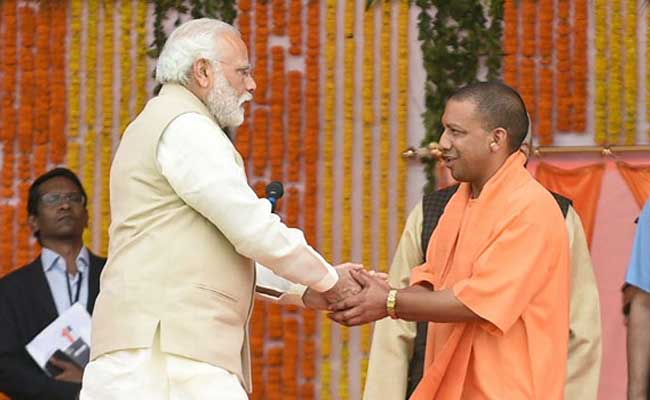
Prime Minister Narendra Modi with Uttar Pradesh Chief Minister Yogi Adityanath
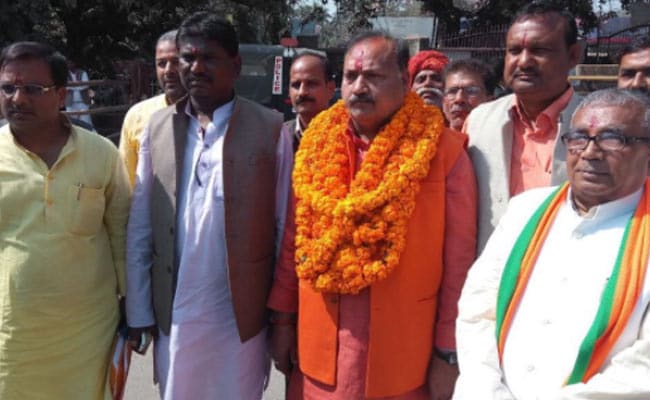
Upendra Shukla is the first Brahmin candidate fielded by the BJP in Gorakhpur in 30 years
"Yogi-ji ki bagiya hai, hum to sirf maali hain (I am only a gardener tending to Yogi-ji's property)," Shukla has said in a public show of deference but nobody in Gorakhpur is fooled. The rivalry between the two leaders is of 2006 vintage, when Adityanath bossed the BJP into rejecting Shukla's bid to run for the state legislature. Smarting, Shukla stood as an independent from Gorakhpur Rural, split the BJP vote and ensured a victory for the Samajwadi Party. "In local elections, Yogi has always supported Thakurs who will not pose a threat to him or the supremacy of the Gorakhnath temple. Anyone else is treated with suspicion," claims Ajay Dubey, a newspaper seller who says he has always voted for Mayawati's Bahujan Samaj Party. "I'm a Brahmin and I prefer to vote for a candidate from my own caste. Mayawati has great respect for Brahmins and in 2009, she even fielded one of ours (from the constituency). But this time, the BSP is not contesting, and the BJP has fielded a Brahmin, so I will vote for the lotus."
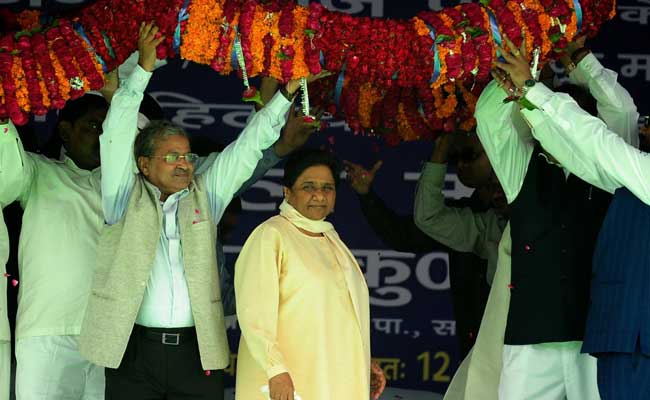
BSP chief Mayawati is supporting political rival Samajwadi Party's candidate (File photo)
For more than a decade, Adityanath succeeded in keeping the BJP's more prominent Brahmin leaders confined to the sidelines of Gorakhpur politics. Before forcing Upendra Shukla into exile, Adityanath stage-managed the defeat of Shiv Pratap Shukla, who had won four state elections from the Gorakhpur Urban constituency. Adityanath supported a non-Brahmin candidate who joined the BJP after winning the election. Having destroyed any potential competition to himself within the party, Yogi proved himself the BJP's top politician in the area.

MoS Finance Shiv Pratap Shukla has been a bitter political adversary of UP Chief Minister Yogi Adityanath
The Brahmins form 10-12% of the population of Uttar Pradesh - they are the state's biggest upper caste group; the Thakurs, at 8-10% are runner up. Gorakhpur has nearly 1.5 lakh Brahmins and to ensure their support, the BJP resurrected Shiv Pratap Shukla. He is now the country's Junior Finance Minister.
The state election last year saw the Brahmins and the Thakurs abetting the BJP's sumptuous victory. So the party is keen to maintain its hold over both groups. Ahead of the national election, the BJP's choice of Upendra Shukla as its candidate in Gorakhpur is intended to placate Brahim voters who have been feeling overlooked as a result of Adityanath been given charge of the state, with Keshav Maurya, an Other Backward Caste, as his deputy. Maurya's constituency of Phulpur votes for its new MP along with Gorakhpur on Sunday; results will be declared on March 14.

Deputy Chief Minister of Uttar Pradesh Keshav Prasad Maurya with Prime Minister Narendra Modi
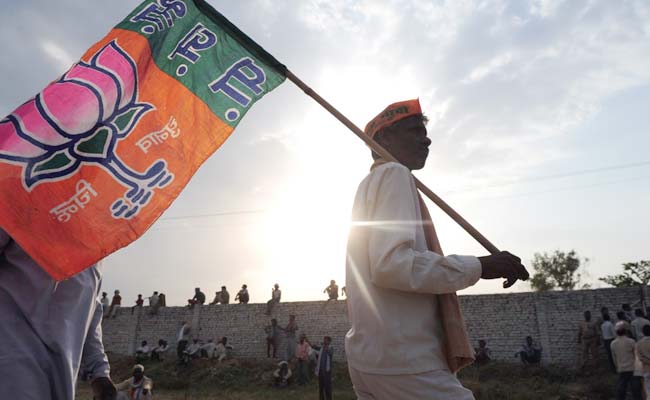
The Brahmins form 10-12% of the population of Uttar Pradesh; the Thakurs 8-10%
If the BJP's decision to ignore his preferences has panged Adityanath, this is not the time to articulate any differences - in a stunning if late development, Mayawati has decided to support the candidates of her long-time rival, Akhilesh Yadav, in both Gorakhpur and Phulpur. The joint front is what opposition parties have been pushing for as a potential game-changer that could dent the BJP's considerable might in India's most-populous state.
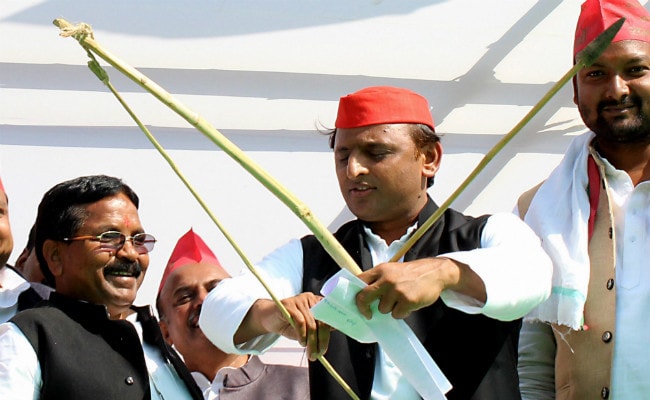
Samajwadi Party chief Akhilesh Yadav is exploring new political alliances before the 2019 Lok Sabha election
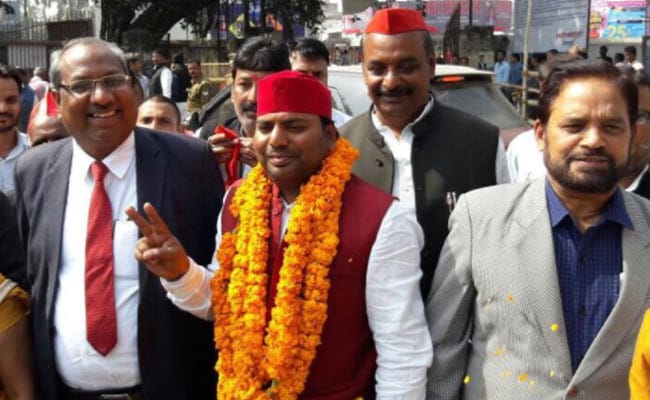
Pravin Nishad, from the fishermen community, is Samajwadi Party's candidate in Gorakhpur
If Pravin Nishad puts up a good fight, Adityanath might lose face for running an indifferent campaign for the BJP's candidate. But a win for Upendra Shukla, and the rise of a new leader in the Chief Minister's hometown holds the danger of diminishing the clout of the Gorakhnath temple in the long run. So perhaps more than anyone else, it is Adityanath who has the most to lose in this election.
Track Latest News Live on NDTV.com and get news updates from India and around the world

